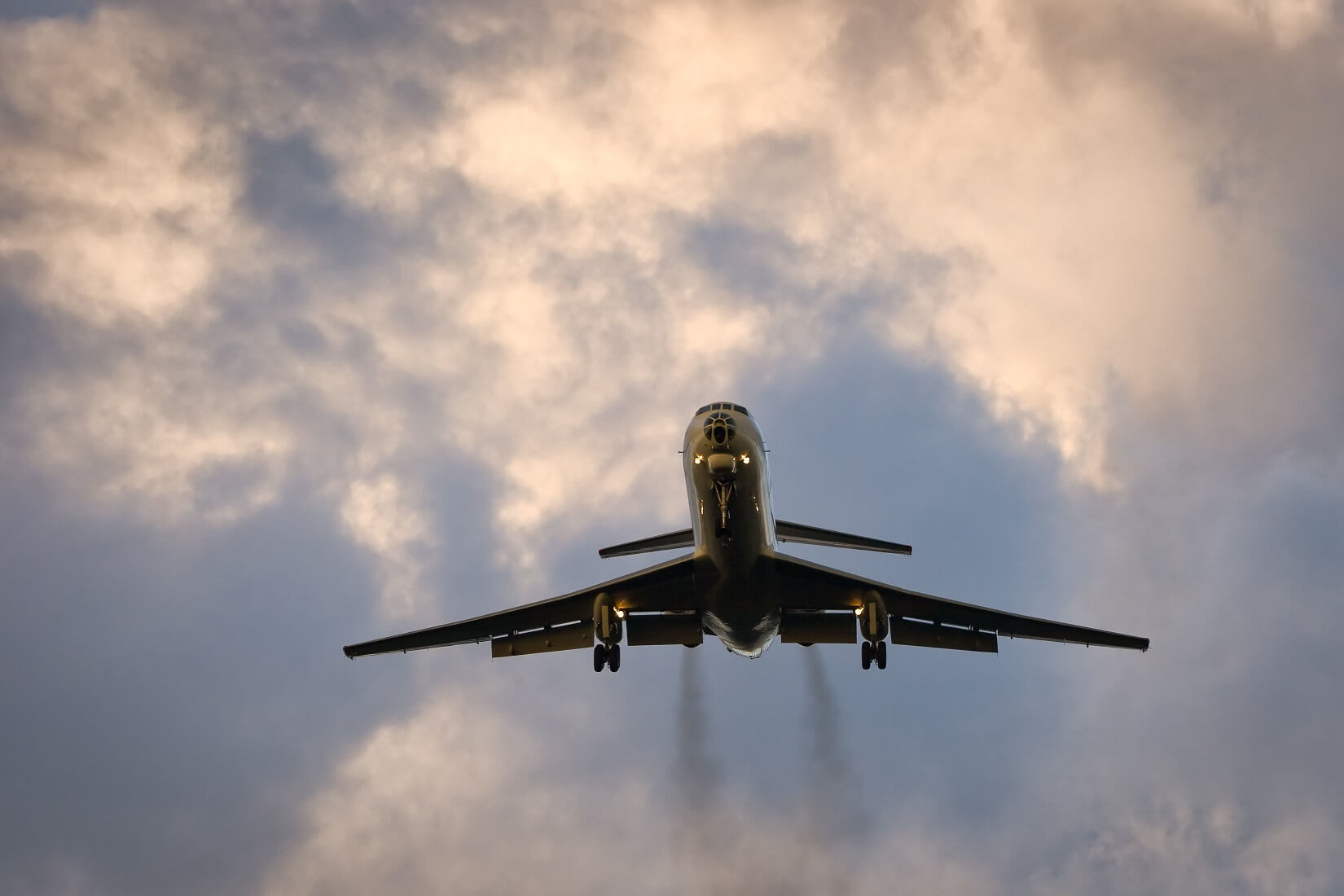Planes powered by pig fat might still not reduce emissions

In a world increasingly focused on reducing carbon emissions, the aviation industry is facing growing pressure to find sustainable alternatives to conventional jet fuels. One unconventional solution being explored is the use of pig fat as a potential aviation fuel source. While this development may seem unusual, it raises questions about its environmental impact and the broader challenges of decarbonizing air travel. In this article, we explore the feasibility and implications of planes running on pig fat.
The pig fat proposal
Researchers and aviation companies are investigating the possibility of using pig fat, specifically lard, as a component of aviation fuel. This unconventional idea stems from the need to find alternative sources of fuel that can reduce the carbon footprint of air travel. Pig fat has emerged as a potential candidate because it is abundant and can be converted into a biofuel that can be blended with traditional jet fuel.
Challenges in reducing CO2 emissions
While the concept of using pig fat as an aviation fuel may seem innovative, it is essential to recognize that it may not significantly reduce emissions from the aviation sector. The key challenge lies in the fact that the process of converting pig fat into biofuel still releases carbon dioxide (CO2) into the atmosphere. It essentially shifts the emissions source from traditional jet fuel to the production process of the alternative fuel.
The carbon equation
The carbon equation in aviation is complex. Traditional jet fuel is a significant contributor to greenhouse gas emissions due to its high carbon content. While biofuels, including those derived from pig fat, produce CO2 during production, proponents argue that they can be more sustainable in the long run if the source materials are renewable and derived from waste products.
However, the full impact of these alternative fuels on the environment depends on various factors, including the feedstock source, production methods, and lifecycle emissions. It is essential to conduct comprehensive life-cycle assessments to evaluate the net environmental benefit of such fuels.
The role of sustainable aviation
The aviation industry is actively pursuing sustainability initiatives to address its carbon footprint. This includes efforts to improve fuel efficiency, invest in electric and hydrogen-powered aircraft, and reduce emissions through carbon offset programs. While alternative fuels, including those made from pig fat, are part of the conversation, they may not provide the silver bullet solution to aviation emissions.
The concept of planes running on pig fat is an intriguing development in the quest for sustainable aviation. However, it is essential to approach such solutions with a critical eye, considering their environmental impact and broader implications. The aviation industry must continue to explore a range of innovative approaches, from alternative fuels to advanced propulsion systems, in its mission to reduce carbon emissions and create a more sustainable future for air travel. Ultimately, the challenge lies not only in finding alternative fuels but also in addressing the larger systemic issues surrounding aviation's environmental impact.
Latest posts
Flight delays and cancellations in March 2025
Check which flights were delayed in March 2025 – you may still be entitled to claim up to 600 € in compensation.
Flight delays and cancellations in April 2025
Check which flights were delayed in April 2025 – you may still be entitled to claim up to 600 € in compensation.
Flight delays and cancellations in June 2025
Check which flights were delayed in June 2025 – you may still be entitled to claim up to 600 € in compensation.












